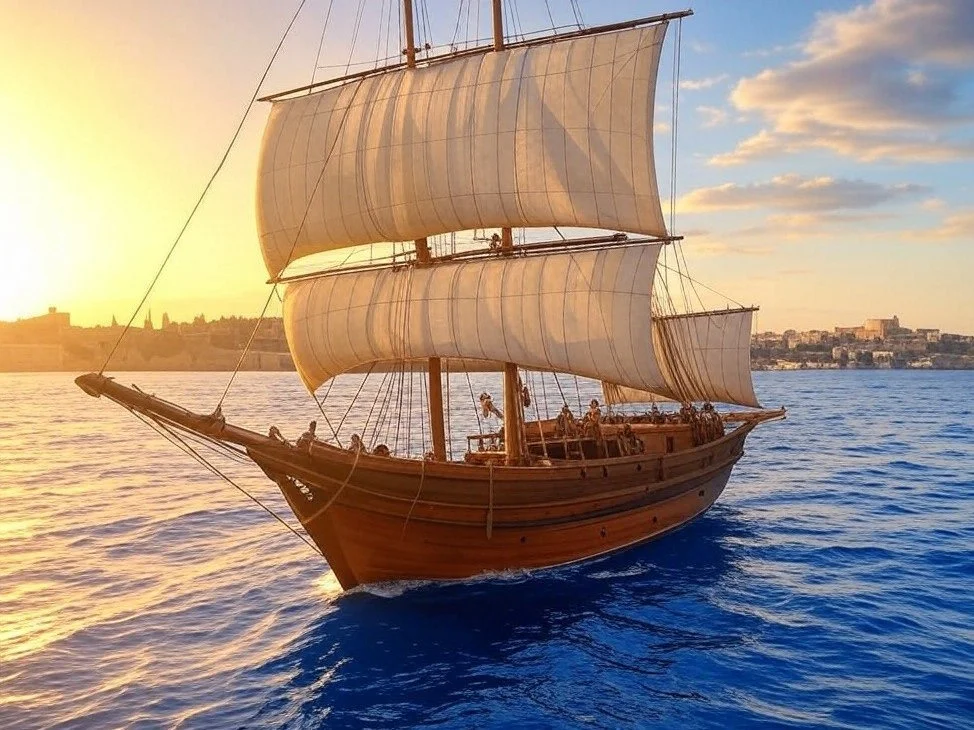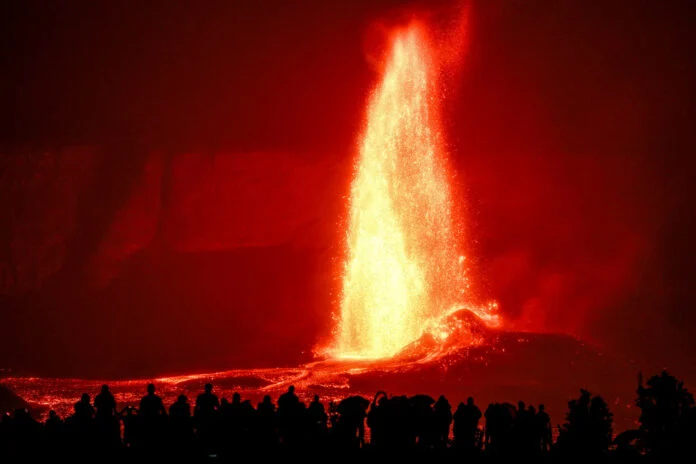The Phoenicians, an ancient maritime civilization based in the Levant, emerged as master navigators and traders, significantly influencing the ancient world. Their seafaring skills, extensive trade networks, and revolutionary alphabet had a lasting impact on global history.
Navigational Prowess and Maritime Expansion
The Phoenicians were among the greatest sailors of antiquity, using advanced shipbuilding techniques to construct sturdy vessels capable of long voyages. They established trade routes across the Mediterranean, reaching as far as North Africa, Spain, and possibly even the British Isles. Their mastery of celestial navigation allowed them to explore uncharted waters with remarkable precision.
Trade and Economic Influence
The Phoenicians thrived on trade, exporting valuable goods such as Tyrian purple dye, glassware, and fine textiles. Their commercial networks connected diverse cultures, facilitating the exchange of goods, ideas, and technologies. Major Phoenician cities like Tyre, Sidon, and Byblos became economic hubs, influencing neighboring civilizations, including the Greeks and Egyptians.
The Spread of the Phoenician Alphabet
One of the most enduring Phoenician contributions was the development of the alphabet, which simplified writing and communication. Unlike complex cuneiform or hieroglyphic scripts, the Phoenician alphabet used a system of phonetic symbols, forming the basis for Greek and Latin scripts. This innovation revolutionized literacy and record-keeping across the ancient world.
Archaeological Discoveries
Excavations in Phoenician cities and colonies have uncovered artifacts that shed light on their seafaring and trade activities. Shipwrecks filled with cargo, inscriptions detailing trade transactions, and remains of port facilities provide tangible evidence of their vast influence. The ruins of Carthage, a Phoenician colony that later became a powerful empire, further illustrate their lasting legacy.
Conclusion
The Phoenicians' expertise in navigation, commerce, and written communication cemented their place in history as pioneers of the ancient world. Their achievements not only shaped Mediterranean trade and diplomacy but also laid the foundation for future civilizations, ensuring their legacy endured long after their decline.







